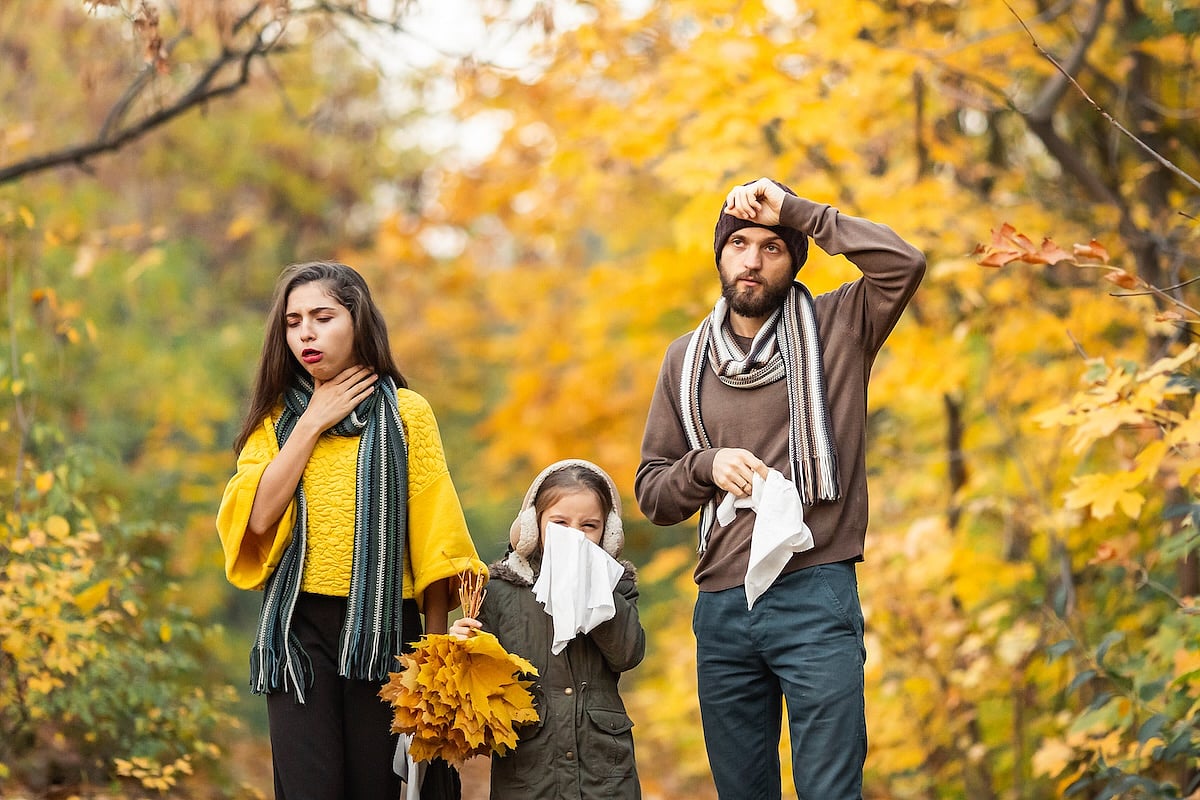Get Healthy!

- Posted October 6, 2025
Seasonal Allergies Might Increase Suicide Rate, Study Says
Seasonal allergies are considered an annoyance to most, and maddening to some.
Few think of seasonal sniffles and sneezes as potentially fatal — but we might be overlooking the danger they pose, a new study warns.
High pollen counts are linked to a significant increase in suicide risk, according to findings published in the December issue of the Journal of Health Economics as the U.S. enters fall allergy season.
Further, suicide risk increases as airborne levels of pollen rise, researchers found.
The physical misery caused by seasonal allergies likely contributes to this increase, by wrecking people’s sleep and increasing mental distress, researchers speculated.
"During our study period, there were nearly 500,000 suicides in the U.S.," said lead researcher Joelle Abramowitz, an associate research scientist at the University of Michigan’s Institute for Social Research.
"Based on our incremental data, we estimate that pollen may have been a contributing factor in up to 12,000 of those deaths over the period, or roughly 900 to 1,200 deaths per year,” she said in a news release.
For the study, researchers compared suicides reported between 2006 and 2018 with daily pollen counts from 186 counties in 34 metropolitan areas across the United States.
Results showed an association between suicide and pollen counts that increases in strength, after the research team divided pollen levels into four tiers.
Suicide risk jumped 7.4% at the worst pollen counts; 5.5% higher at the third-highest level; and 4.5% at the second level, all compared to the lowest level of airborne pollen.
People with known mental health problems were more vulnerable, experiencing a nearly 9% increase in their risk of suicide on days with the highest pollen counts, results showed.
“A small shock could have a big effect if you're already in a vulnerable state," Abramowitz said.
The results indicate that seasonal allergies should be taken more seriously, and not seen as a mere nuisance, researchers said.
More accurate pollen forecasting and better public communication on the mental health impact of seasonal allergies could save lives, by providing people the opportunity to protect themselves, researchers said.
This will become even more important as climate change progresses, extending and intensifying pollen seasons, researchers said.
"We should be more conscious of our responsiveness to small environmental changes, such as pollen, and our mental health in general," Abramowitz said.
"Given our findings, I believe medical providers should be aware of a patient's allergy history, as other research has also established a connection between allergies and a higher risk for suicide,” she added. “I hope this research can lead to more tailored care and, ultimately, save lives."
More information
Harvard Medical School has more on seasonal allergies’ effects on the brain.
SOURCE: University of Michigan, news release, Sept. 29, 2025





